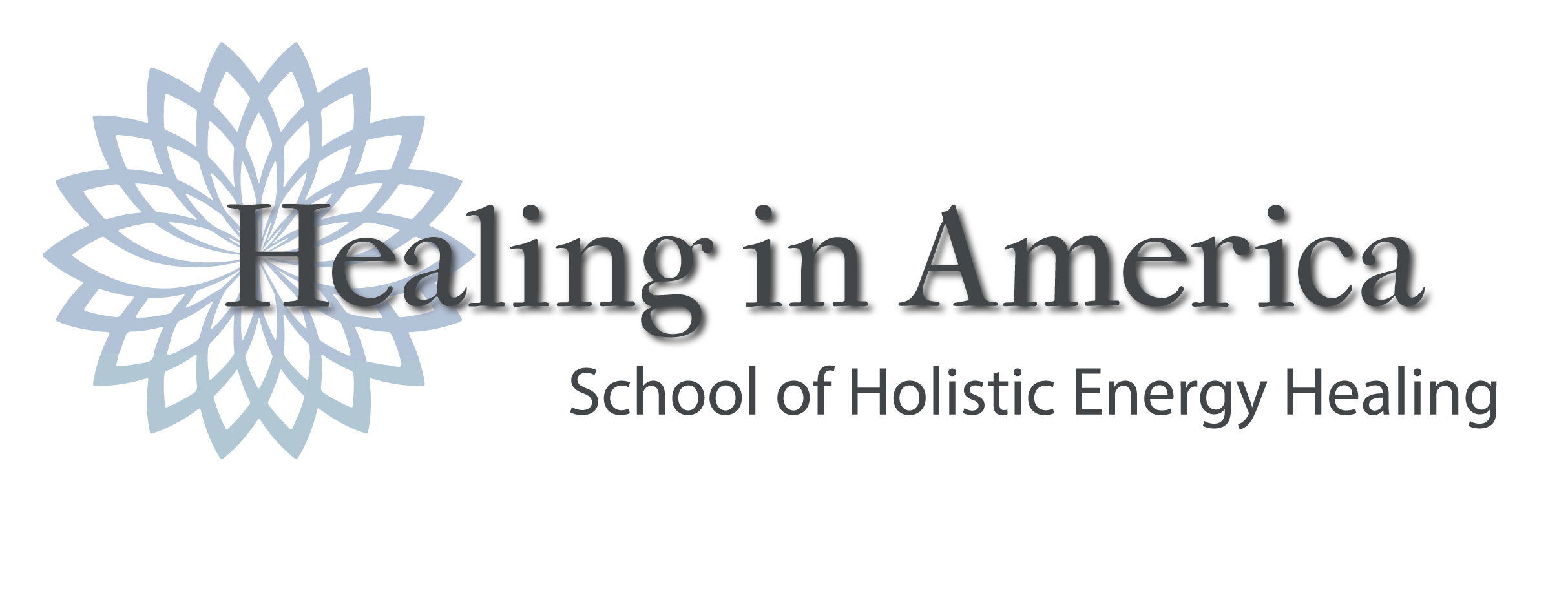Anger in the Context of Healing
Anger in the Context of Healing
Ask Roger
The theme this month is around "Anger" – and this week I want to consider this in the context of healing.
As John Terrell MA says" We are taught at a very young age to suppress our anger because anger is such a powerful emotion that can cause damage. But we need anger to survive in life!
Without anger, we can't stand up for ourselves and move forward in our lives. Without anger, we can be manipulated and harmed by others. Babies express anger from a very young age because it is a natural and essential part of our nature.
Yet the anger we are most familiar with is raw anger that has been suppressed for a long time so that it is harmful. We may have seen this powerful anger in others or felt in ourselves.
We may have been controlled by other people's anger, maybe a parent or someone who has gained power over us because of their misuse of anger. If that is the case we must learn to reclaim our power that was stolen by them so that we don't remain a victim.
When you become angry your heart races, your body temperature rises, and you feel ready for an outburst that expresses how angry you really are. You may be tempted to hold back your anger, but this may not always be the best approach. It turns out anger has a beneficial side too. This emotion is often hidden or repressed, but anger can be helpful and even healthy.
Psychologists examining the expression of anger are finding that it can help resolve disputes when combined with a proactive approach. When two people use anger to work towards a solution, rather than to vent about how they’ve been wronged, anger is actually a positive emotion.
Such an approach can strengthen a relationship as it allows one party to evaluate and express how he feels. The other party benefits from this as well. When not played out in a dramatic manner, he gets a better understanding of his partner’s view of the problem and the two can start towards a negotiation that may lead to compromise. “This is in contrast to the negative long-term consequences described by people who felt they were victimized and yet hid their anger from the perpetrator,” said Baumeister, Stillwell, and Wotman in the Journal of Personality and Social Psychology (Vol. 59, No. 5).
Everyday anger is beneficial outside the home as well. It can decrease feelings of uncertainty on the national front. In 2001, Dr. Larissa Tiedens of Stanford University published a paper in the Journal of Personality and Social Psychology citing four studies that found evidence for people granting more status to politicians who express anger than to politicians who express sadness or guilt.
Just think back to the events following 9/11 and recall the leadership with which Rudolph Giuliani, then-mayor of New York, empowered the people to feel less fearful. President George W. Bush also used anger to rally the troops and empower people following the attack. A clear expression of anger is seen as powerful and prepares people for action.
Anger can also help promote justice without resorting to violence. In fact, anger reduces violence, even when it precedes it. Imagine how different the world would be without the angry words and actions that brought about change when Martin Luther King Jr. fought for civil rights in the 1960s or when women were advocating for the right to vote and be seen as equals in society. In this way, anger motivates change.
So next time you get upset and angry - express it in a healthy way - don't internalize your feelings - and avoid it turning into rage!
Try it and see.
With Love & Light,
Roger

